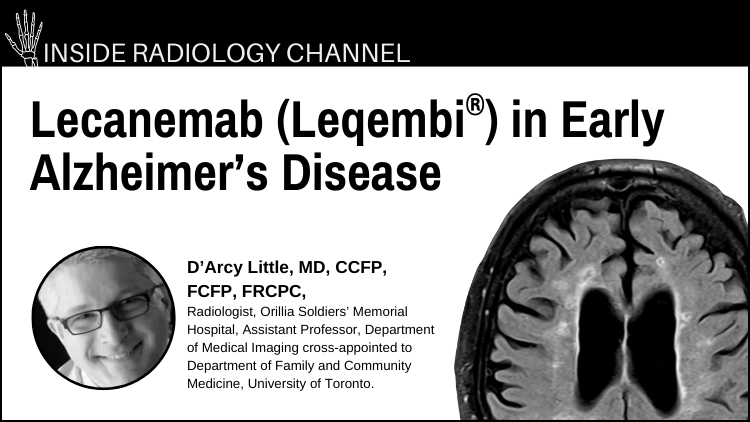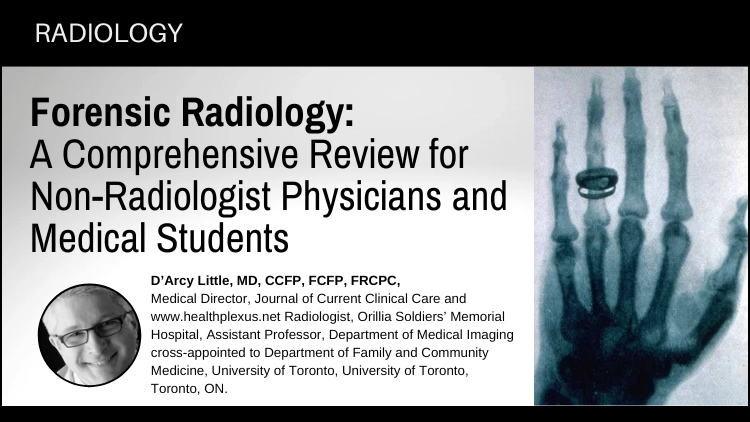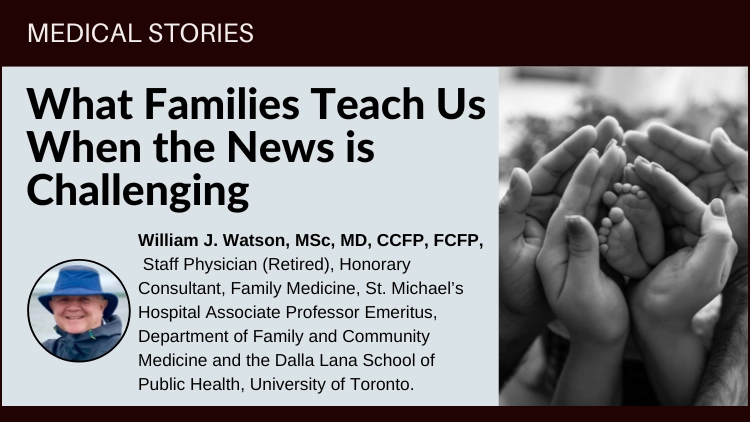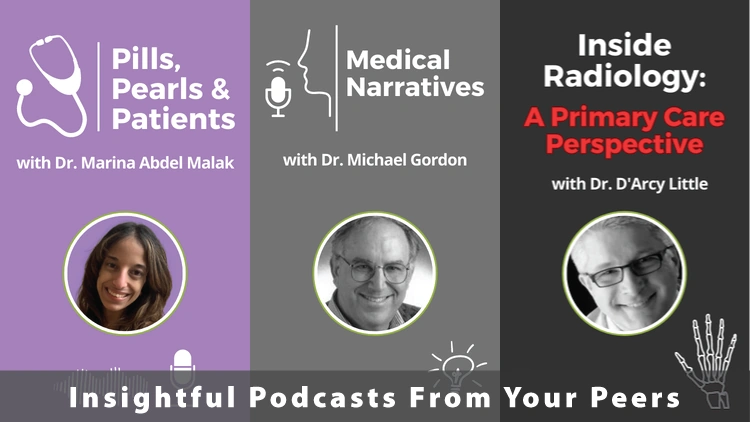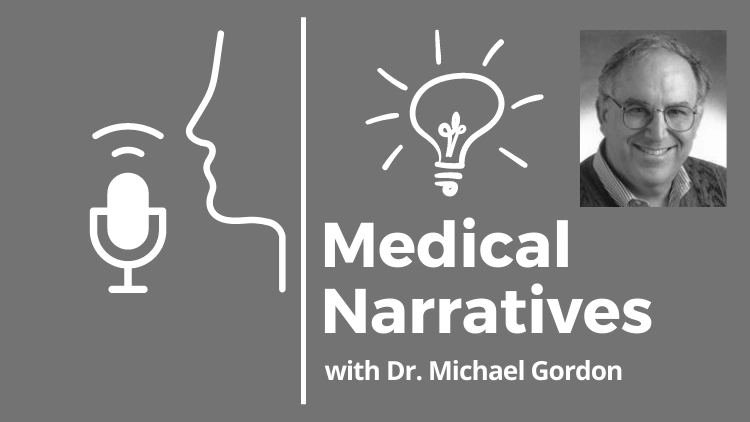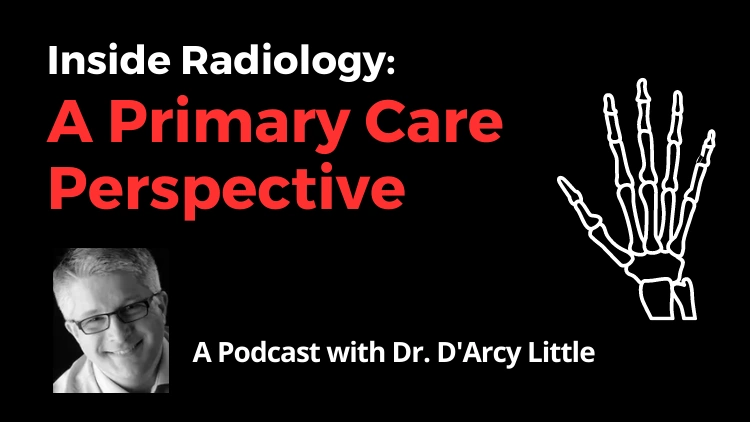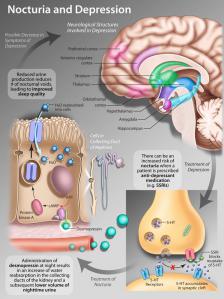Advertisement
MD, CCFP, FCFP, FRCPC
Podcasts
Visual Aids
Recent Comments
-
There’s a lot to learn for
-
Papillary Thyroid Cancer
-
Re: UTI and Confusion
-
UTI and Confusion
-
AI is it for me to use for my patients ??
-
very comprehensive review
-
Thanks Great presentation
-
Great learning opportunity
-
Thank you for this summary
-
Good question! There are no
more


